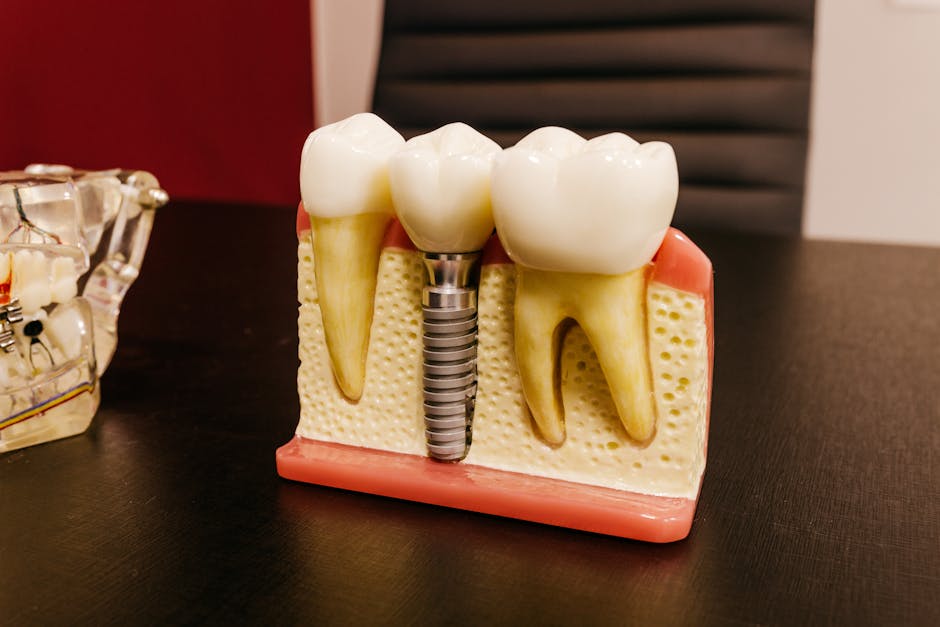Improving Your Smile With Dental Implants

Dental implants can be beneficial for almost any person. They are particularly effective for individuals who are missing several teeth or all of their teeth. However, patients who only have one missing tooth should consult a prosthodontist to determine whether implants are the right treatment for them. Patients who undergo implant procedures should also be aware of the limited experience of dental surgeons and implant materials used by the dentist. Read on to learn more about dental implants and how they can improve their smile.
There are many different specialists involved in the process of implant placement. Your dentist will most likely work with a periodontist, an oral and maxillofacial surgeon, and a prosthodontist, who is an expert in artificial teeth. An ENT specialist may also be involved in the planning process. During the initial consultation, the all on 4 dental implants montclair new jersey dentist will assess your dental health and evaluate bone density. In some cases, dental models will be created to simulate the new teeth.
Patients who smoke should refrain from smoking before their dental implant surgery. This habit can lead to complications such as infection. During the initial healing process, the gum may bleed. Your dentist may prescribe pain medication for you. After the initial healing period, you should stick to a soft diet. If you smoke, you should stop because smoking can negatively impact the implants. Your dentist will remove the sutures from your gums and examine the area for infection and proper growth.
Besides improving your smile, dental implants can also help prevent bone loss in the jaw. Without teeth, the jawbone begins to erode naturally. This can lead to the loss of other teeth and a "sunken" appearance to your facial features. But with dental implants, you'll be able to keep your teeth in place and enjoy full chewing power once again. This will not only improve your appearance, but will improve your oral health and general well-being as well.
Before implant placement, the prosthesis for your dental implant needs to be designed. The prosthesis will dictate how many abutments, implant bodies, and bone will be needed. This is where CBCT imaging plays an important role. CBCT will reveal whether you have adequate bone structure for your implants. The final placement of your implants will depend on your prosthesis and the quality of your existing bone. If you have a low bone density, it may be difficult to place the implant into the jaw. Visit this page to find more information here on dental implants.
After your implant surgery, you'll have to keep up with your oral hygiene at home. Depending on your case, you may need a dental checkup every six months, and you'll have to have your teeth cleaned by a professional. In addition to good oral hygiene, you'll need to schedule regular professional cleanings and checkups to ensure that your dental implant is functioning properly. Finally, you should avoid damaging habits, such as chewing on hard candy or chewing on hard objects. Tooth staining products can damage your crowns, so it is important to seek treatment if you grind your teeth.
Click here for more details about this service: https://en.wikipedia.org/wiki/Dentures.
Click here for more details about this service: https://en.wikipedia.org/wiki/Dentures.
